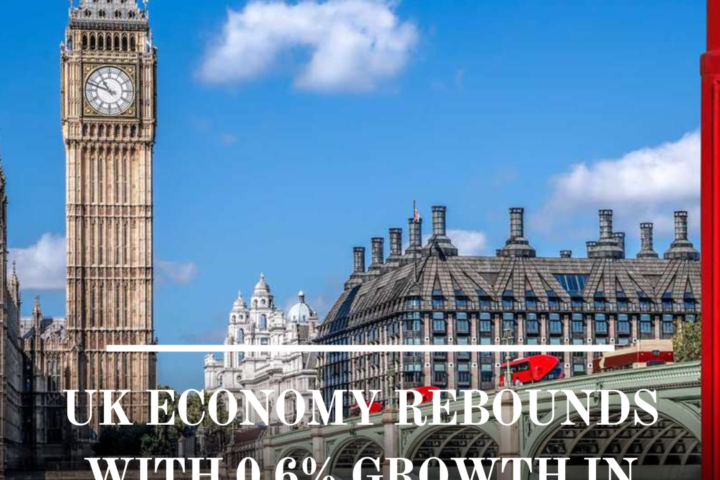Argentina’s dollar-denominated global bonds were set to post another week of earnings on Friday, with the 2029 and 2030 issues close to or at record-high costs.
Overview:
Argentine bonds have experienced a significant rally, rebounding from lows observed in mid-July 2022 when the 2030 issue reached 18.125 cents.
This resurgence has been fueled by investor optimism regarding the economic transformation initiatives undertaken by President Javier Milei’s administration, which assumed power in December.
Investor Confidence and Milei’s Presidency:
Since President Milei’s election on November 19, Argentina’s bonds have surged by approximately 60%, reflecting growing investor confidence in the government’s ability to revitalize the economy.
Despite recent political negotiations and potential volatility, analysts at JPMorgan believe that the newfound levels of bond performance can be sustained.
Austerity Measures and Fiscal Surplus:
President Milei has prioritized austerity measures, leading to Argentina’s first monthly fiscal surplus in over a decade in January.
While investors have welcomed this development, challenges persist as regional governors and unions, grappling with financial constraints and poverty, pose potential obstacles to maintaining stability.
Path to Political Agreement and IMF Assistance:
Despite political challenges and execution risks, JPMorgan highlights a potential pathway to a political agreement.
Further support from the International Monetary Fund (IMF) could bolster the ongoing bond rally, providing additional momentum to Argentina’s economic recovery efforts.
Bond Issuance and Restructuring:
Argentina issued six new U.S.-dollar Eurobonds in September 2020, with maturities spanning from 2029 to 2046, as part of a comprehensive debt restructuring process involving approximately $65 billion owed to bondholders.
Additionally, six euro-denominated bonds with corresponding maturities were issued to facilitate the restructuring.
Trading Performance and Replacement Bonds:
The dollar-denominated bonds have traded below their initial price since the latter half of September 2020, or potentially since inception, according to data from LSEG Datastream.
These new bonds replaced a previous batch, which included recently issued bonds alongside a 100-year note maturing in 2117.
Amidst the ongoing bond rally and optimism surrounding Argentina’s economic transformation, investors continue to monitor political developments and external support mechanisms to sustain momentum and navigate potential challenges ahead.





















